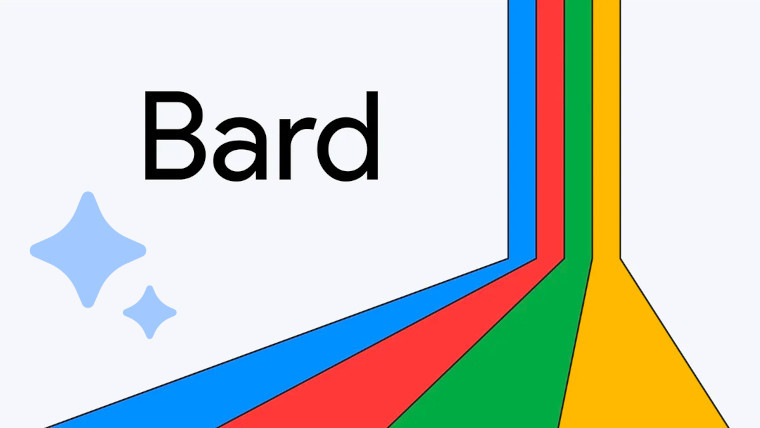Google kicked off the in-person I/O 2023 conference by showcasing some oddball AI experiments. The keynote that followed was brimmed with AI-centric announcements, and a much broader availability of Google Bard was definitely among the crucial ones. Dropping the waitlist, Google rolled out Bard to over 180 countries across the globe but missed one significant geopolitical region — the European Union (EU).
Google publishes an exhaustive list of 180 countries and regions where Bard is now available for preview. The support page also confirms you can interact with the chatbot in three languages: US English, Japanese, and Korean, with 40 more to be added soon. But the list does not include any country from the EU, as pointed out by TNW.
Without clearly acknowledging its absence from the EU, Google says it will "expand to more countries and territories in a way that is consistent with local regulations" on the same support page. But despite a clearly stated reason, it is easy to associate the decision with strict regulations around user privacy in the EU, especially the General Data Protection Regulation or GDPR. We asked Bard what might be the reason!

Google's caution is warranted, especially given Italy's recent temporary ban on Bard's celebrated competitor — ChatGPT. Italy cited a ChatGPT data leak from March 2023, which prompted its data protection watchdog to share concerns over the unlawful collection of users' data. Although Italy allowed ChatGPT to resume in the country with certain conditions, the move has inspired other countries in the EU to frame regulations around the responsible and lawful use of AI tools.
It is also worth noting that the state of California has its own set of privacy laws under the California Consumer Privacy Act (CCPA), but users do not face similar restrictions with Bard. Likewise, the UK has its own version of the GDPR that was created after Brexit, but Bard is accessible in the country as well.
Besides privacy, generative AI tools like ChatGPT and Bard have also raised concerns about the unauthorized reuse of intellectual property. In response, the EU has commenced work on new rules to penalize copyright violations owing to the use of AI, Reuters notes.
Although Google has announced it will clearly define AI-generated content, the actual application might be a more challenging task than it seems. This is probably why Google wants to be cautious instead of inviting another multi-million dollar penalty in the region. Apart from countries in the EU, Google will also make users in Canada wait longer before they can try Bard, as 9to5Google notes.
In addition to the dedicated search engine, Google also brings AI quirks to other services, including Search, which gets AI-powered snapshots, as well as Gmail, Google Docs, Sheets, and Slides, all of which get features that enhance your workflow.
Update: This article was updated on May 12, 2023, at 4:15 AM EDT to include information about how the UK's own version of GDPR and the CCPA in the state of California do not affect Bard's availability in the respective regions.


















5 Comments - Add comment